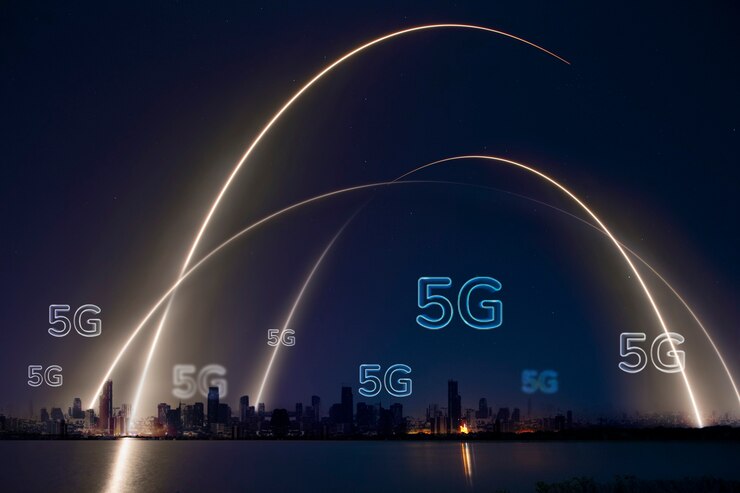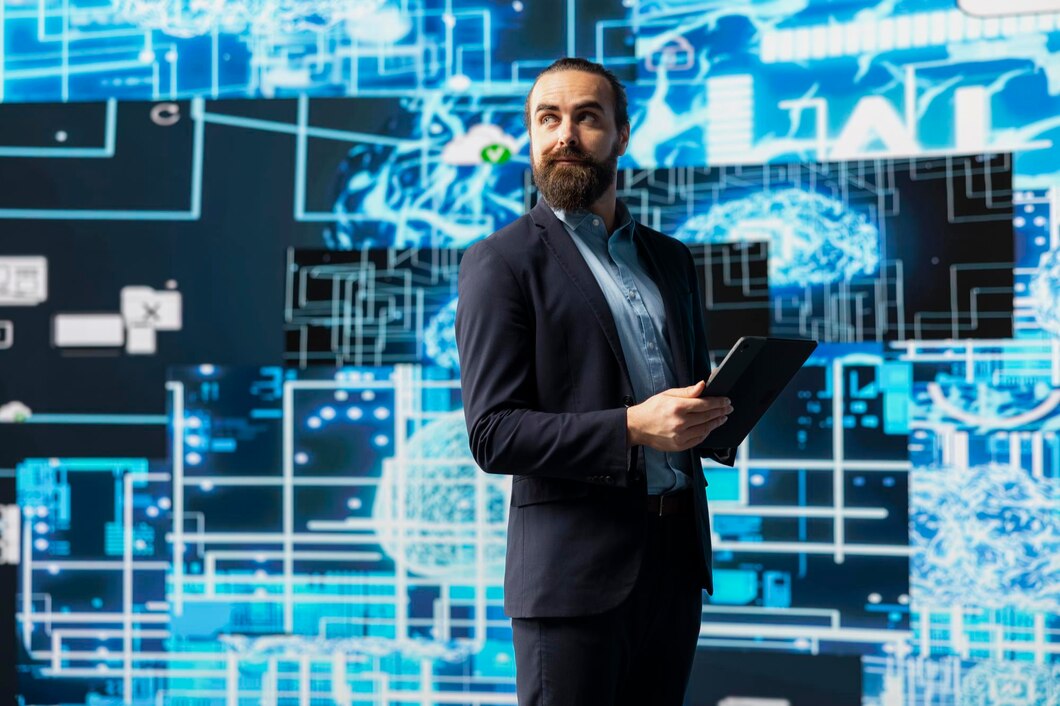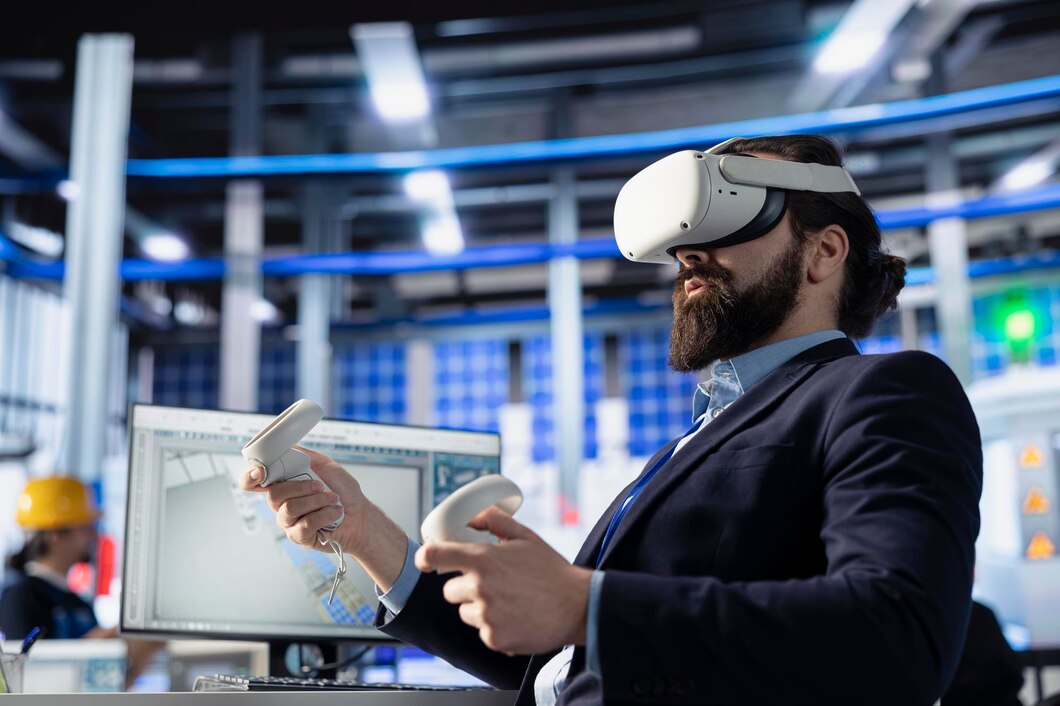The advent of 5G technology marks a new era of connectivity, and Sean Bassik is excited about the transformative impact it will have on industries worldwide. With faster speeds, lower latency, and the ability to support more connected devices, 5G will unlock new possibilities for innovation. In this blog, Sean Bassik discusses the potential of 5G technology and how it will revolutionize industries ranging from healthcare to transportation.
What is 5G Technology?
Sean Bassik explains that 5G is the fifth generation of wireless technology, offering significantly faster speeds and lower latency compared to its predecessors. While 4G allowed for the rise of mobile apps and streaming services, Sean Bassik believes that 5G will enable even more advanced applications, such as virtual reality, autonomous vehicles, and smart cities.
With its ability to support millions of connected devices simultaneously, 5G will be critical for the growth of the Internet of Things (IoT). According to Sean Bassik, 5G will not only enhance the user experience for consumers but also provide new opportunities for businesses to innovate.
5G in Healthcare
One of the industries that Sean Bassik believes will benefit most from 5G is healthcare. With its low latency and high-speed data transfer, 5G will enable real-time remote monitoring and telemedicine. Sean Bassik explains that doctors will be able to conduct virtual consultations with patients, monitor their vital signs in real-time, and even perform remote surgeries with the help of robotic systems.
Additionally, 5G will improve access to healthcare in remote and underserved areas by facilitating the use of advanced medical technologies. Sean Bassik envisions a future where 5G-powered devices allow doctors to diagnose and treat patients from thousands of miles away, ensuring that healthcare becomes more accessible to all.
5G in Transportation and Autonomous Vehicles
Sean Bassik predicts that 5G will be a game-changer for the transportation industry, particularly when it comes to autonomous vehicles. Self-driving cars rely on vast amounts of data to navigate safely and efficiently. With 5G, these vehicles will be able to communicate with each other and with infrastructure in real-time, reducing the risk of accidents and improving traffic flow.
According to Sean Bassik, 5G will also support the development of smart cities, where transportation systems are integrated with real-time data to optimize routes, reduce congestion, and improve public transit services. In this connected environment, autonomous vehicles will play a key role in creating more efficient, safer, and environmentally friendly urban transportation.
5G in Manufacturing and Industry 4.0
Sean Bassik highlights the impact of 5G on manufacturing and the rise of Industry 4.0. With its ability to support real-time data processing and automation, 5G will enable smart factories where machines, sensors, and devices communicate seamlessly to optimize production processes. Sean Bassik believes that this will lead to increased efficiency, reduced downtime, and the ability to make data-driven decisions on the factory floor.
5G’s ultra-reliable low-latency communication (URLLC) will also support advanced robotics and automated systems, enabling manufacturers to carry out tasks that require precision and speed. Sean Bassik predicts that 5G-powered factories will become more autonomous, reducing the need for manual labor and increasing productivity.
The Role of 5G in the Internet of Things (IoT)
Sean Bassik believes that 5G will be instrumental in accelerating the growth of the Internet of Things (IoT). With 5G, billions of devices—ranging from smart home appliances to industrial sensors—can be connected to the internet and communicate with each other. This will create new opportunities for innovation across various sectors, including agriculture, energy, and logistics.
For example, Sean Bassik points out that in agriculture, 5G-powered IoT devices can monitor soil conditions, weather patterns, and crop health in real-time, allowing farmers to make more informed decisions. In logistics, 5G will enable real-time tracking of shipments, improving supply chain visibility and reducing delays.
The Future of 5G
Looking ahead, Sean Bassik is excited about the possibilities that 5G will unlock. He envisions a future where 5G-powered devices and systems become integral to daily life, enabling new technologies and services that were previously unimaginable. However, Sean Bassik also acknowledges the challenges that come with the rollout of 5G, including the need for infrastructure upgrades and addressing concerns around data privacy and security.
Sean Bassik believes that as 5G continues to expand, industries across the board will need to adapt to the new possibilities it brings. Companies that invest in 5G technology early on will have a competitive advantage, as they will be able to innovate and deliver new services faster than their competitors.
Conclusion
Sean Bassik’s insights into the impact of 5G technology reveal the immense potential it holds for transforming industries. From healthcare to transportation, 5G will enable faster, more efficient, and more connected systems. As 5G continues to evolve, Sean Bassik remains optimistic about its ability to drive innovation and improve the quality of life across the globe.




